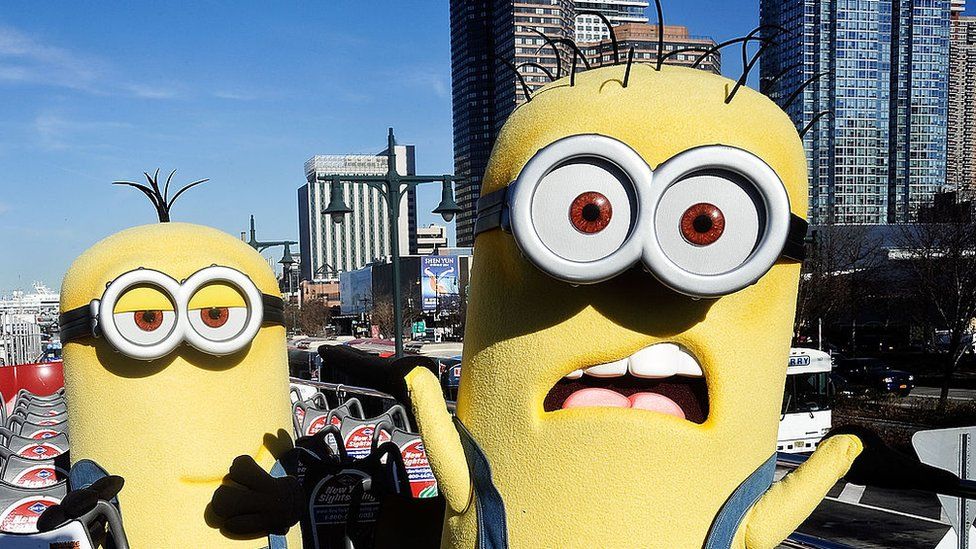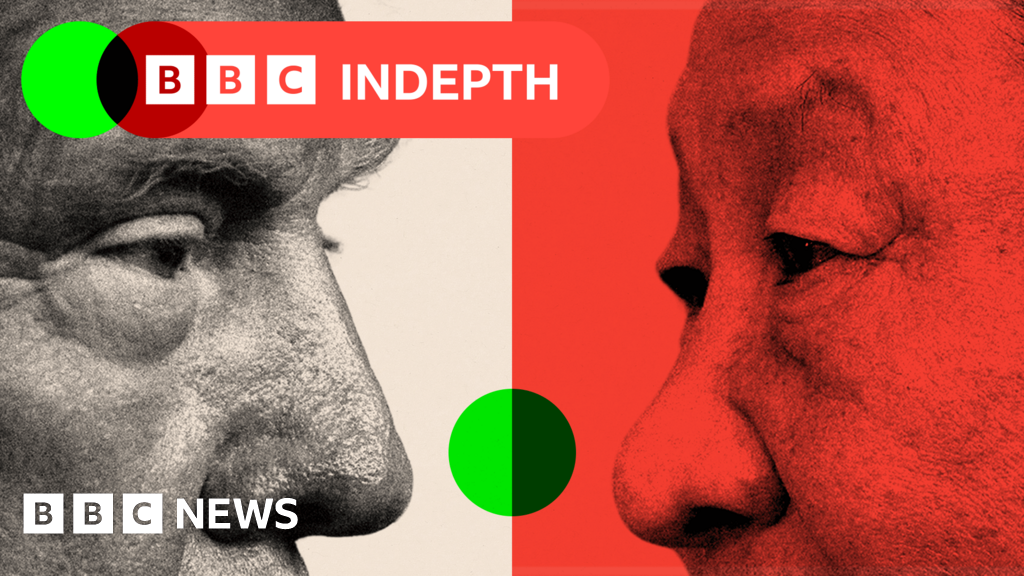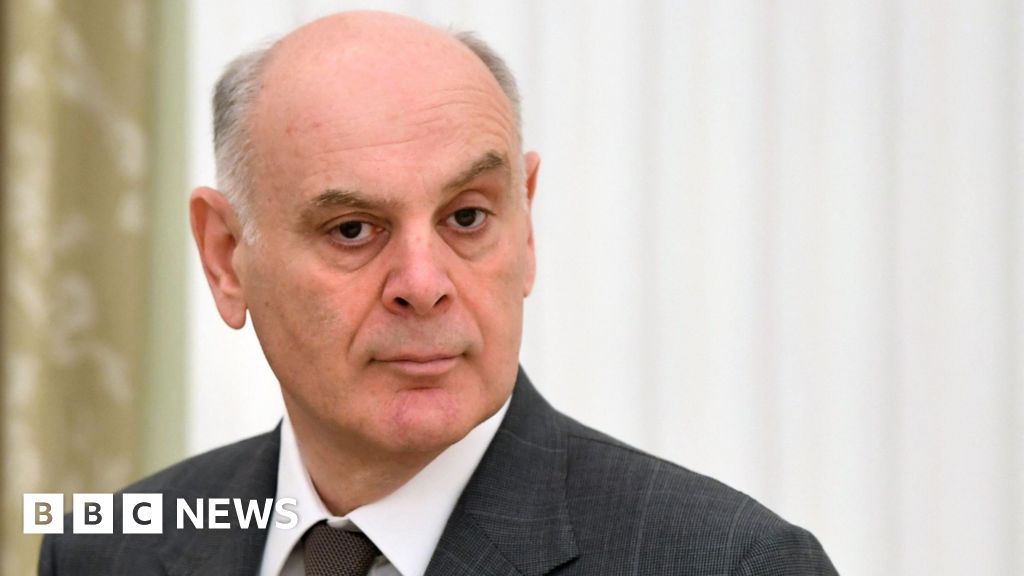ARTICLE AD BOX
By Melissa Zhu
BBC News
 Image source, Getty Images
Image source, Getty Images
Minions: The Rise of Gru opened in China on Friday
The latest movie in the "Despicable Me" franchise premiered in China on Friday - albeit with a different ending, as local viewers discovered.
"Minions 2: The Rise of Gru" follows antihero Gru in his teenage days and sets up his evolution into a supervillain later in the series.
Warning: There are plot spoilers ahead.
But unlike the original movie, the Chinese version does not end with Gru and his mentor Wild Knuckles riding off into the sunset.
Instead, Wild Knuckles is jailed while Gru "becomes one of the good guys".
Posts and screenshots of the film, shared on Chinese microblogging site Weibo, showed censors had added a series of subtitled still images into the credits sequence.
In it, they explain that Wild Knuckles was caught and locked up for 20 years after a failed heist. He also discovers a "love of acting" and sets up a theatrical troupe.
Gru, meanwhile, "returned to his family" and being a father to his three girls became his "biggest accomplishment".
The change was derided by many in China.
"The real story is in a parallel universe," one person wrote.
Others said Gru's alternate ending conveniently promoted China's three-child policy, as the country tries to raise its birth rate. The subtitled stills were also widely compared to PowerPoint presentation slides in quality.
DuSir, a popular movie blogger with more than 14 million followers on Weibo, called the changes "outrageous".
In an article, he questioned why only Chinese people needed "special guidance and care".
"How weak and lacking judgment do they think our audiences are?" he asked.
Despite this, the movie - the fifth instalment in the series - went on to find success at the box office, reportedly grossing a pandemic record of about 21.74m yuan ($3.2m; £2.7m) on its opening day in China, according to entertainment site Deadline.
It is not the first time a popular foreign film has had its ending altered for China, which has some of the world's strictest censorship rules.
Earlier this year, a version of 1999 cult American film Fight Club released on Chinese streaming platform Tencent Video had its original ending - where the protagonist blew up several skyscrapers - removed and replaced with a message saying that authorities had won and saved the day.
The changes sparked a backlash, even prompting responses from director David Fincher and author Chuck Palahniuk, who wrote the 1996 novel the movie was adapted from. Human Rights Watch described the new finale as "dystopian".
Tencent later reversed most of the changes, only retaining cuts of scenes featuring nudity.
You may also be interested in:
Journalist Karoline Kan explains how Chinese social media is censored.

 2 years ago
27
2 years ago
27








 English (US)
English (US)